Life in Las Vegas isn’t all bright lights, big casinos, and endless parties.
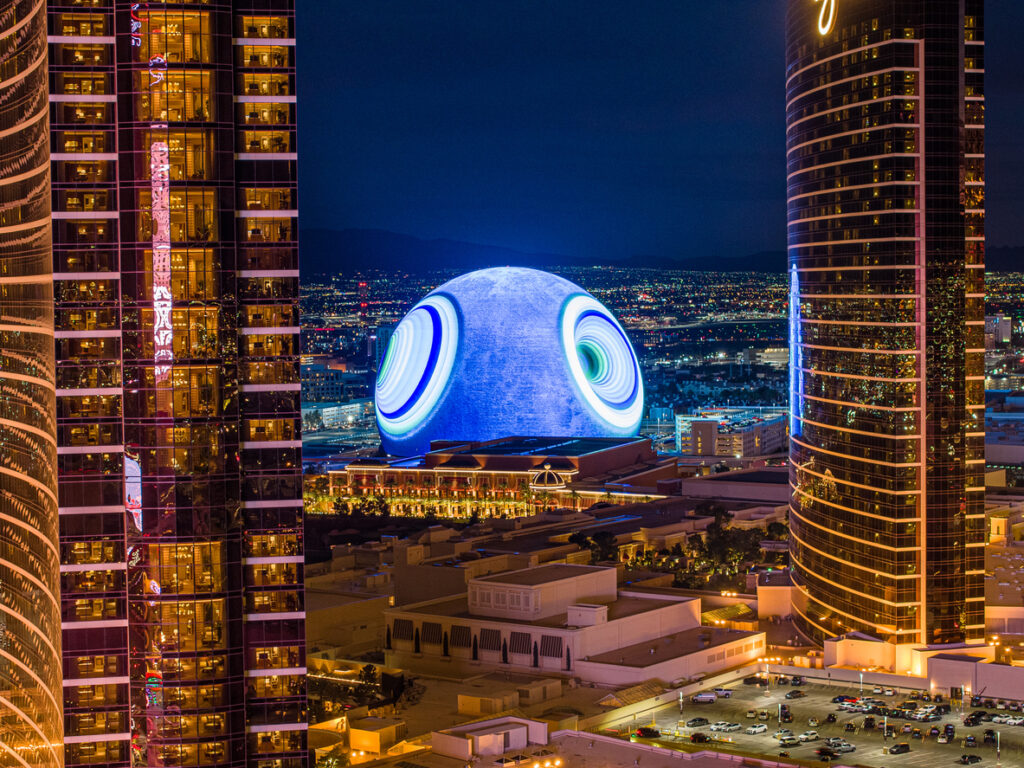
Las Vegas is known for its wild nightlife, extravagant casinos, and 24/7 entertainment, but there’s a whole other side to the city that most tourists never see. Beyond the neon glow of the Strip, real people call this desert metropolis home, and their daily lives look nothing like the Hollywood version of Vegas. The reality of living here is a mix of unexpected perks, unique challenges, and a few surprises that make it unlike anywhere else.
Some people come to Vegas and never leave, drawn in by the affordability, outdoor adventures, and job opportunities. Others move here expecting non-stop excitement but quickly realize that the city’s pace depends entirely on how you choose to live.
Whether you’re considering relocating or just curious about what life is like beyond the slot machines, these fourteen surprising truths reveal what it’s really like to live in Sin City.
1. The Strip is not where locals hang out.
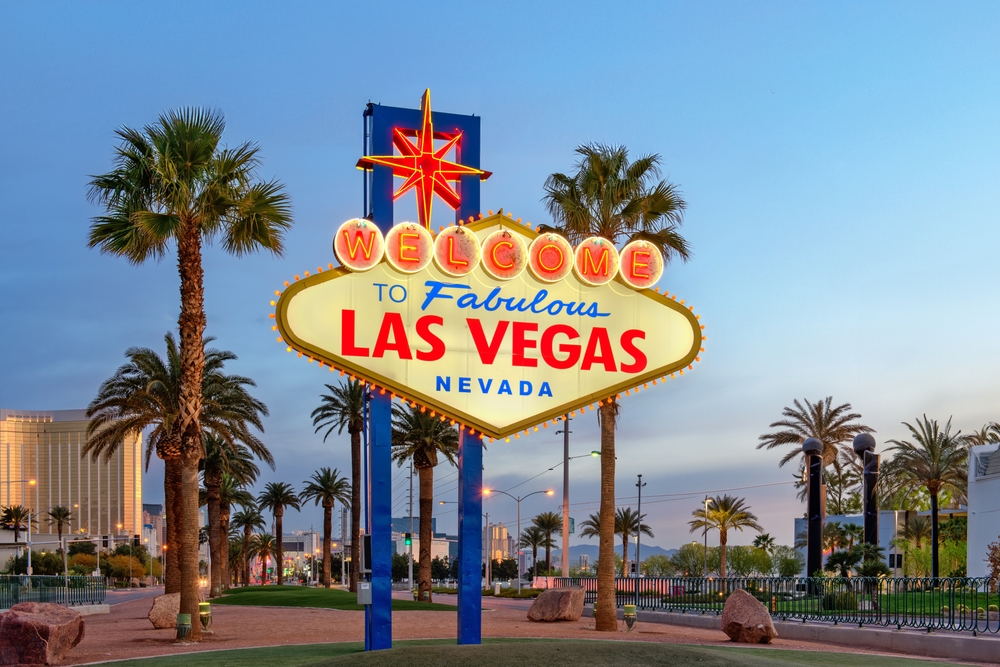
If you think living in Las Vegas means spending every night on the Strip, think again. Most locals avoid it unless they work there or have visitors in town. The traffic, high prices, and constant crowds make it more of a special occasion spot rather than a daily hangout. Instead, residents have their own favorite bars, restaurants, and entertainment venues scattered throughout the city.
Downtown Vegas, Summerlin, and Henderson all offer a completely different vibe—less touristy, more laid-back, and surprisingly community-driven. While the Strip has its perks (world-class dining and entertainment), locals know that the best hidden gems are found off the beaten path, far away from the flashing lights and endless rows of slot machines, say writers at Travel Makes Me Happy.
2. Housing is surprisingly affordable compared to other big cities.
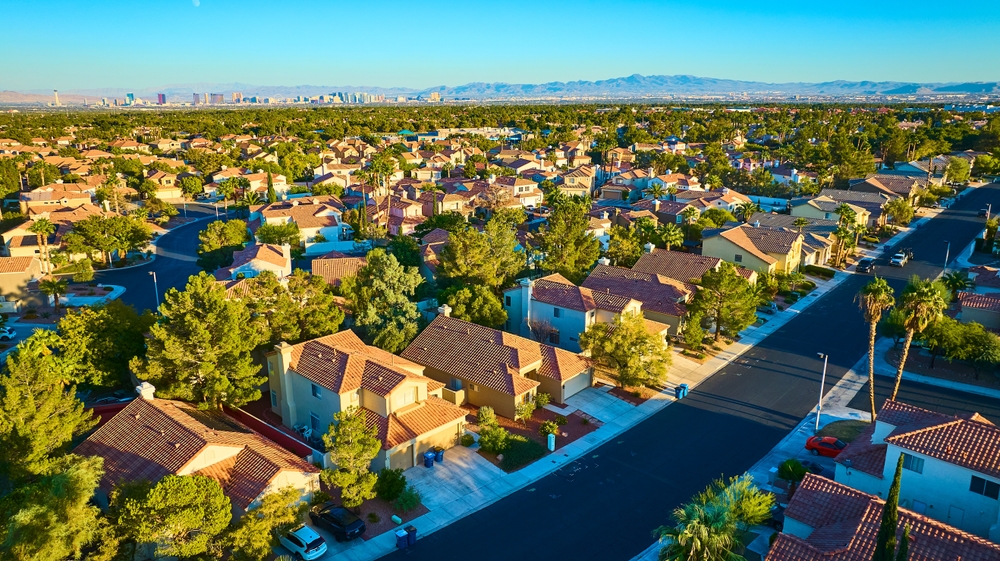
Las Vegas may be known for high-stakes gambling, but when it comes to housing, it’s a much safer bet than other major U.S. cities. The cost of living is significantly lower than places like Los Angeles, San Francisco, or New York, making it an attractive option for people looking to stretch their income further.
John Przybys, writing for the Las Vegas Review-Journal, reports that you can still find spacious homes with backyards for a fraction of what you’d pay in California, and even luxury high-rise apartments near the Strip offer competitive pricing. With no state income tax and a relatively low property tax rate, many newcomers are pleasantly surprised by how much they can afford. Of course, as with any growing city, prices have been rising, but compared to other metro areas, Las Vegas remains one of the best values in the West.
3. The weather is great—until it isn’t.
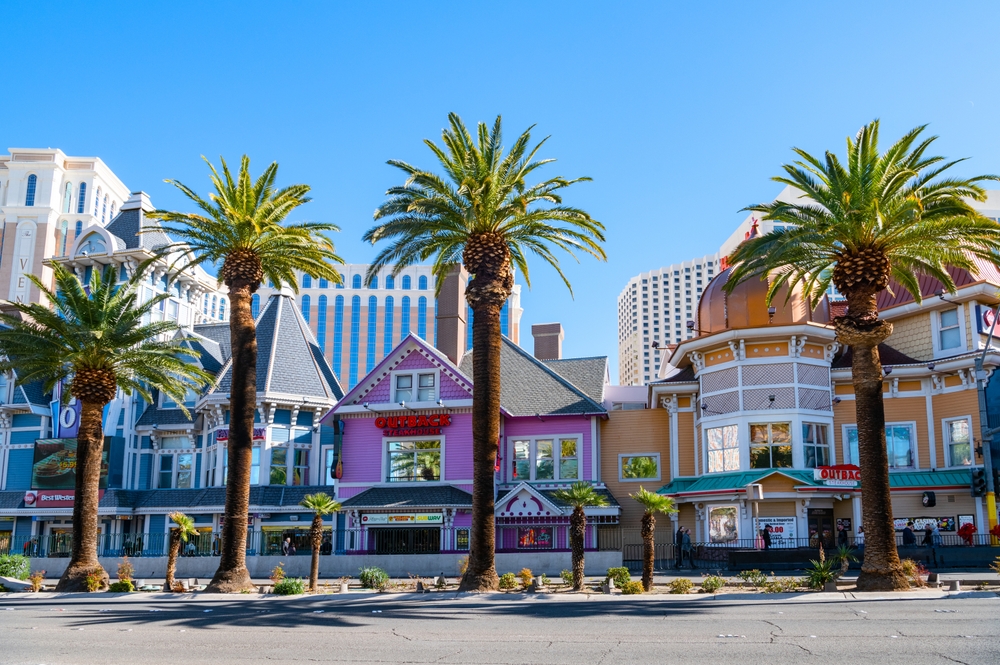
Las Vegas offers more than 300 sunny days a year, according to Matthew Meier, writing for MaxTour. It sounds like a dream until summer rolls in and temperatures soar past 110°F. For about four months, stepping outside feels like walking into an oven, and even the wind blows hot air. Car interiors become unbearable, and most people adapt by running errands early in the morning or late at night.
But once summer ends, the weather is nearly perfect. Fall, winter, and spring bring mild temperatures, making it one of the best places for outdoor activities. Hikers, bikers, and golfers love the year-round sunshine, and the lack of humidity makes even warmer days feel more tolerable. If you can handle the scorching summers, the rest of the year makes up for it.
4. Casinos are a normal part of everyday life.
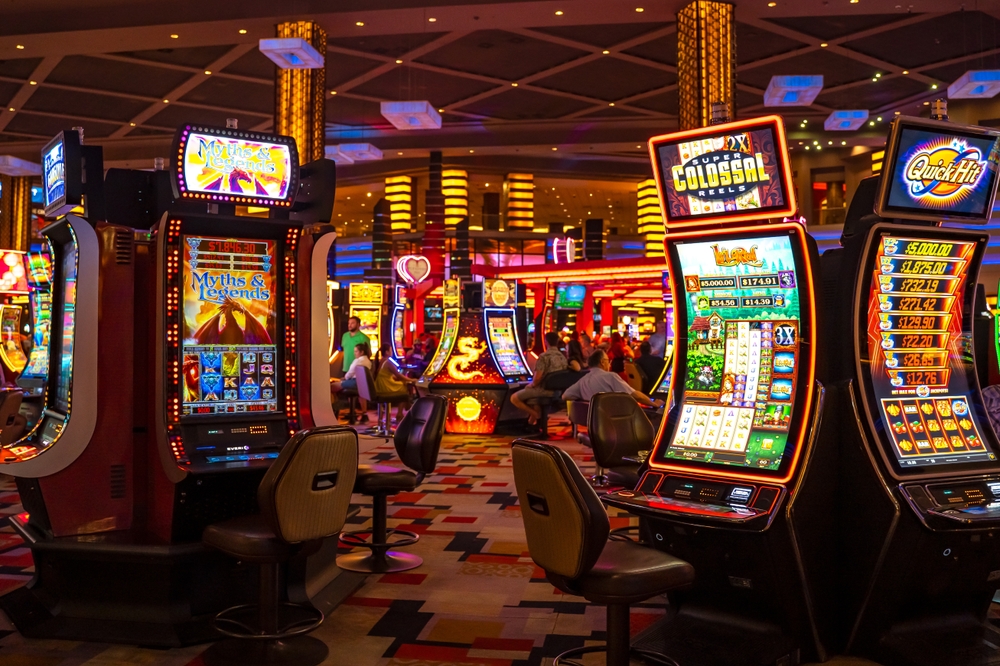
In most places, casinos are a special destination for a night out, but in Vegas, they’re part of the daily routine. Grocery stores have slot machines, gas stations offer video poker, and even the airport is filled with flashing lights and jackpot bells, reports Jena Brown for Business Insider. It’s not unusual for locals to grab breakfast at a casino café, use a casino parking lot to avoid Strip fees, or take advantage of casino happy hours for cheap drinks.
That being said, not everyone who lives here gambles. Many residents go weeks or months without setting foot inside a casino unless they work in one. It’s just another part of the city’s landscape, blending into everyday life rather than standing out as a constant temptation.
5. The job market isn’t just about hospitality and entertainment.
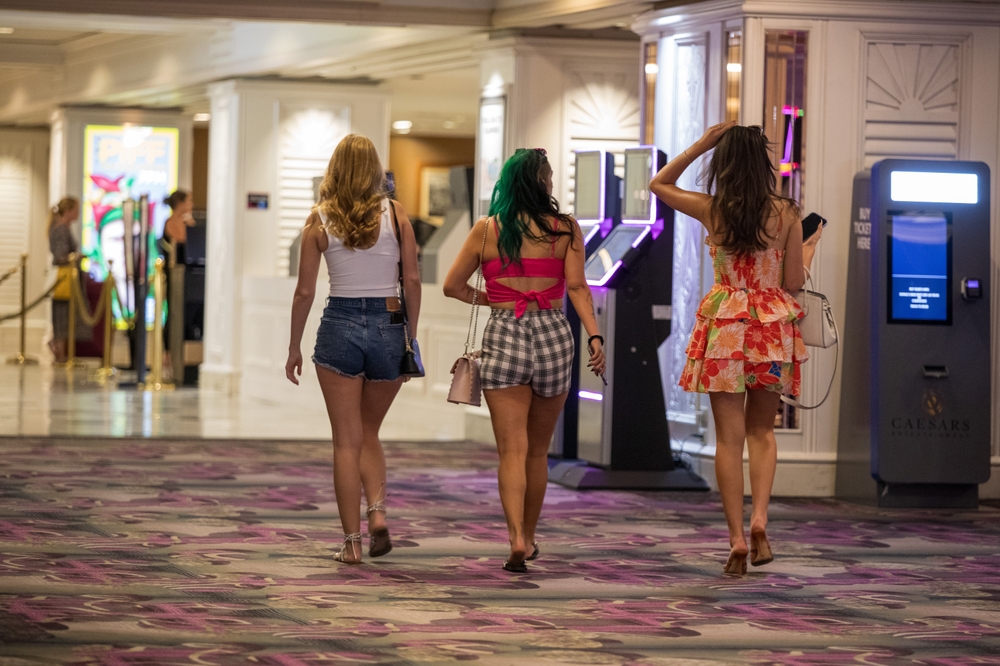
Sure, Las Vegas thrives on tourism, and the hospitality industry is a major employer, but it’s far from the only game in town. The city has been diversifying its economy, with booming sectors in healthcare, tech, logistics, and construction. Large companies, including Tesla and Zappos, have set up shop in Nevada, bringing more job opportunities outside of the casino world.
For entrepreneurs and remote workers, the no-state-income-tax policy is a major perk. Many people move here to start businesses or work remotely, enjoying lower costs while still having access to major West Coast markets. Vegas might always be known for its resorts, but behind the scenes, it’s becoming a serious business hub.
6. The food scene is surprisingly incredible.
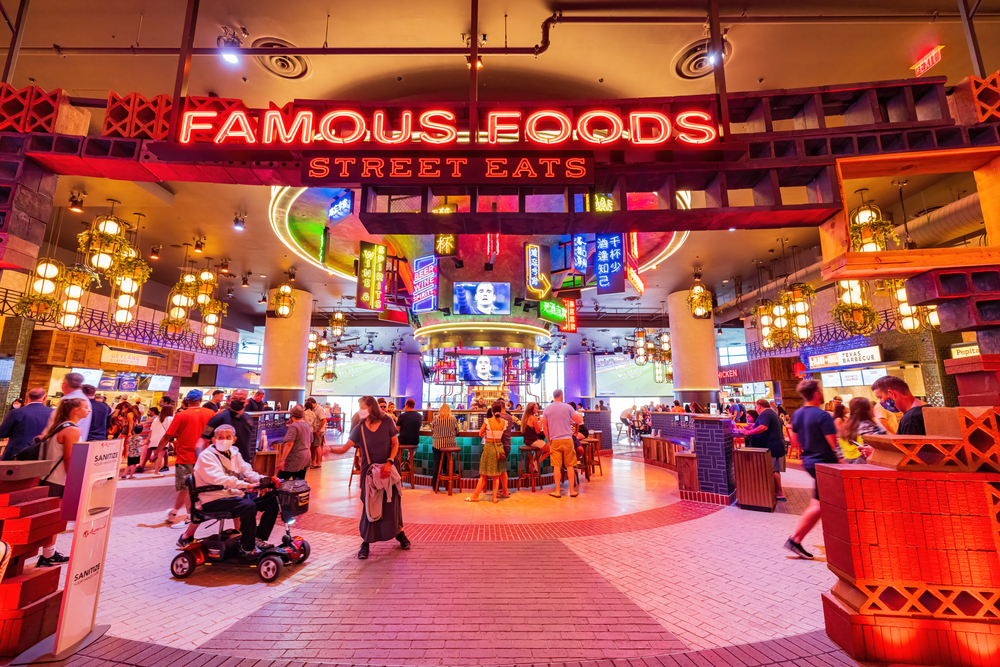
Las Vegas has some of the best restaurants in the country, and it’s not just because of celebrity chefs and high-end Strip dining. Beyond the five-star steakhouses and luxury buffets, the local food scene is packed with hidden gems, from authentic Thai and Mexican eateries to old-school diners and gourmet food trucks.
Since the city attracts chefs from around the world, you can find just about any type of cuisine here. Chinatown (just west of the Strip) is a favorite among locals, offering some of the best Asian food in the country. No matter your taste or budget, there’s always something new to try—if you know where to look.
7. The outdoors are way better than people expect.
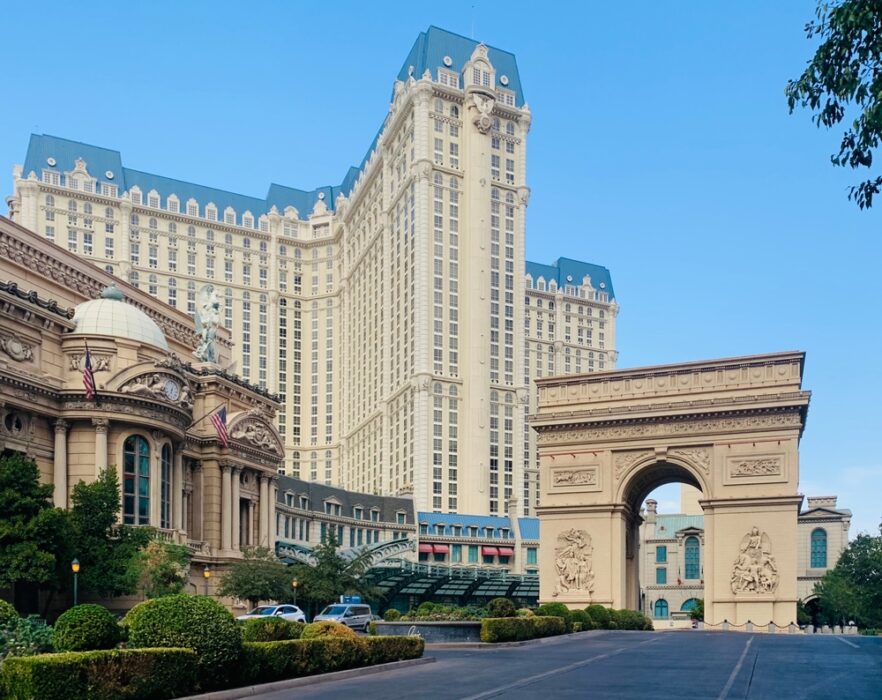
Most people think of Vegas as a concrete jungle in the middle of the desert, but the outdoor scene is one of its best-kept secrets. Red Rock Canyon, just a short drive from the city, offers world-class hiking and rock climbing. Lake Mead provides a much-needed escape for boating, fishing, and water sports, while Mount Charleston is a full-blown winter getaway with snow-capped peaks and ski slopes.
Within a few hours, you can explore Zion National Park, Death Valley, or the Grand Canyon. Vegas might be known for its nightlife, but for those who love adventure, the real excitement is found just outside the city limits.
8. The 24-hour lifestyle is convenient but can be overwhelming.
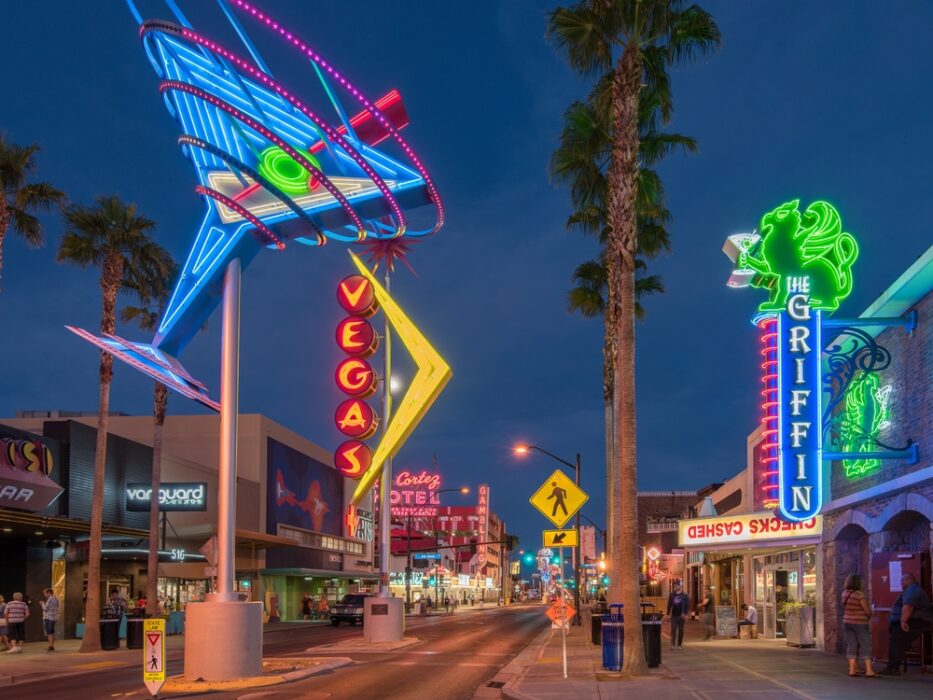
Las Vegas truly never sleeps. You can grocery shop at 2 a.m., hit the gym at 4 a.m., or grab a full meal at nearly any hour of the day. While this level of convenience is great, it also means that time loses its usual structure. Some people thrive in this environment, while others find it disorienting.
For shift workers, service industry employees, or night owls, it’s perfect. But if you’re used to a regular 9-to-5 schedule, it takes a while to adjust to a city where time feels optional. The convenience is undeniable, but it requires self-discipline to maintain a balanced routine.
9. Traffic isn’t terrible, but drivers are unpredictable.
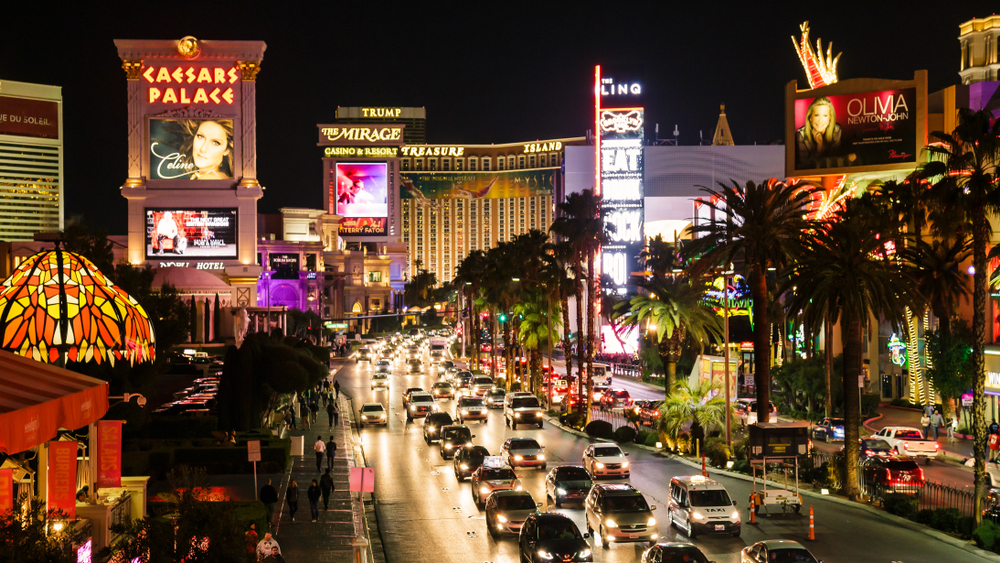
Compared to cities like Los Angeles, Vegas traffic is manageable. However, drivers here are notoriously aggressive, and accidents are frequent. Tourists unfamiliar with the roads make sudden stops or wrong turns, while locals tend to speed and weave through lanes.
Defensive driving is essential, and many residents invest in dashcams just to be safe. While getting around is generally easy, expect occasional chaos, especially on weekends or major event nights.
10. Locals have a love-hate relationship with tourists.
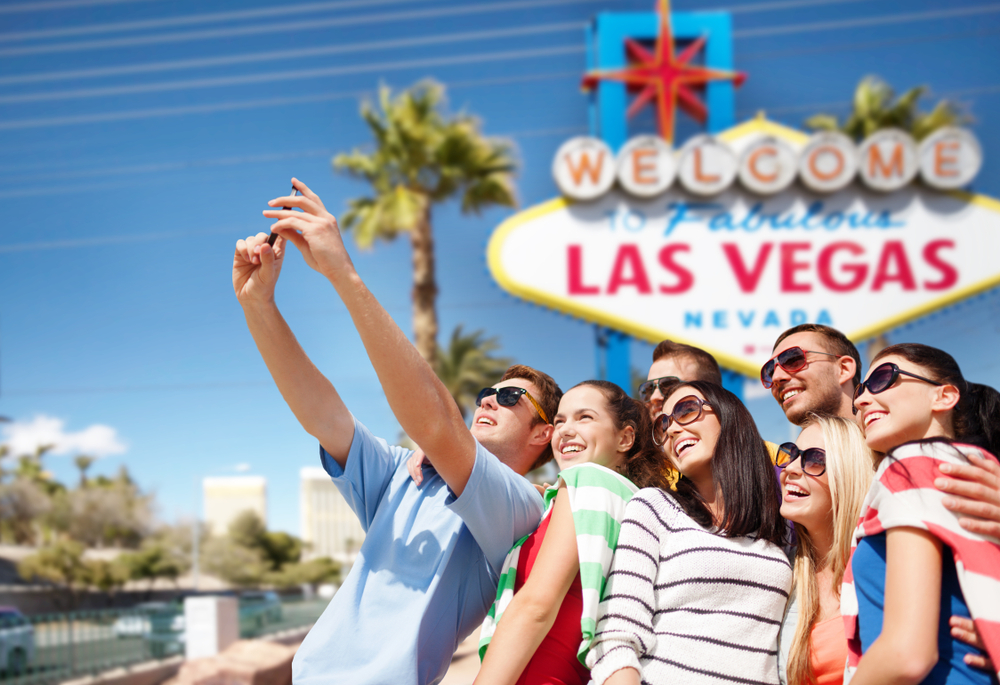
Tourism is the lifeblood of the city, but that doesn’t mean locals love dealing with it. Drunk visitors wandering off the Strip, confused drivers slowing down traffic, and packed grocery stores on weekends can get frustrating.
Most locals develop strategies to avoid tourist-heavy areas when possible. They know which restaurants, bars, and stores stay relatively crowd-free and which areas to avoid during peak tourist seasons. While they appreciate the economic benefits visitors bring, they also value having their own quiet spaces in a city designed for outsiders.
11. Water conservation is a constant concern.
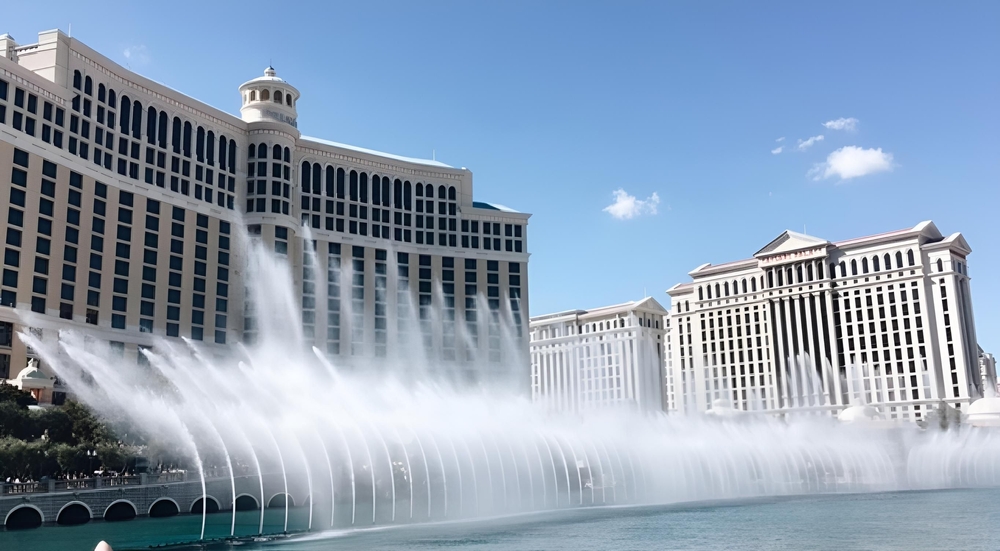
Despite its reputation for extravagant fountains and pools, Las Vegas is one of the most water-conscious cities in the U.S. The city relies almost entirely on the shrinking Colorado River, specifically Lake Mead, which has been at historically low levels for years. As a result, strict water conservation rules are in place to prevent waste.
Lush green lawns are a rarity, and many homeowners replace traditional grass with drought-resistant xeriscaping. The city has also implemented aggressive water recycling programs, ensuring that nearly all indoor water is treated and returned to the system. Even with its reputation for excess, Las Vegas has become a leader in smart water management, adapting to a future where every drop counts.
12. The community is much stronger than people expect.
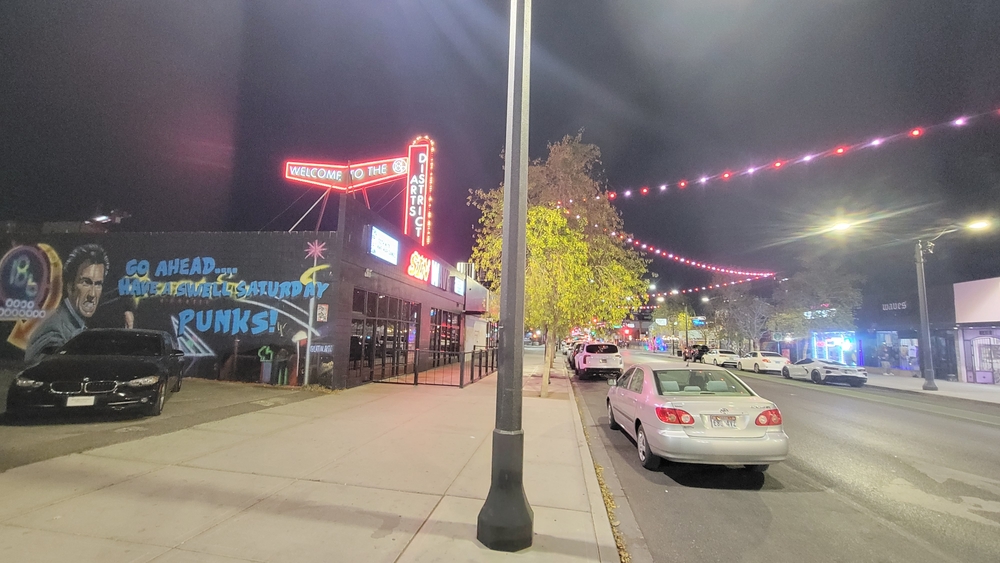
Las Vegas might seem like a transient city where people come and go, but those who live here long-term know the truth—it has a surprisingly tight-knit community. Beyond the Strip, local neighborhoods are filled with families, small businesses, and a strong sense of pride in calling Vegas home.
Events like First Friday (an arts festival in Downtown Vegas), local farmers’ markets, and volunteer initiatives bring residents together. In times of crisis, such as the tragic events of the 2017 Route 91 Harvest Festival shooting, the city has shown incredible unity and resilience. For those who look beyond the tourist image, Vegas offers a sense of belonging that many don’t expect.
13. Gambling isn’t as big of a deal as outsiders think.

People assume that living in Las Vegas means constantly being tempted by slot machines and poker tables, but for most locals, gambling is just part of the background noise. While tourists flock to the casinos, most residents go about their lives without giving them much thought.
Many locals take advantage of casino perks—affordable buffets, free parking, and discount entertainment—but gambling itself isn’t a major part of everyday life. In fact, plenty of residents never step foot inside a casino unless they have guests visiting. To them, the flashing lights and slot machines are just another part of the cityscape, no different than a grocery store or gas station.
14. Once you move here, it’s hard to leave.
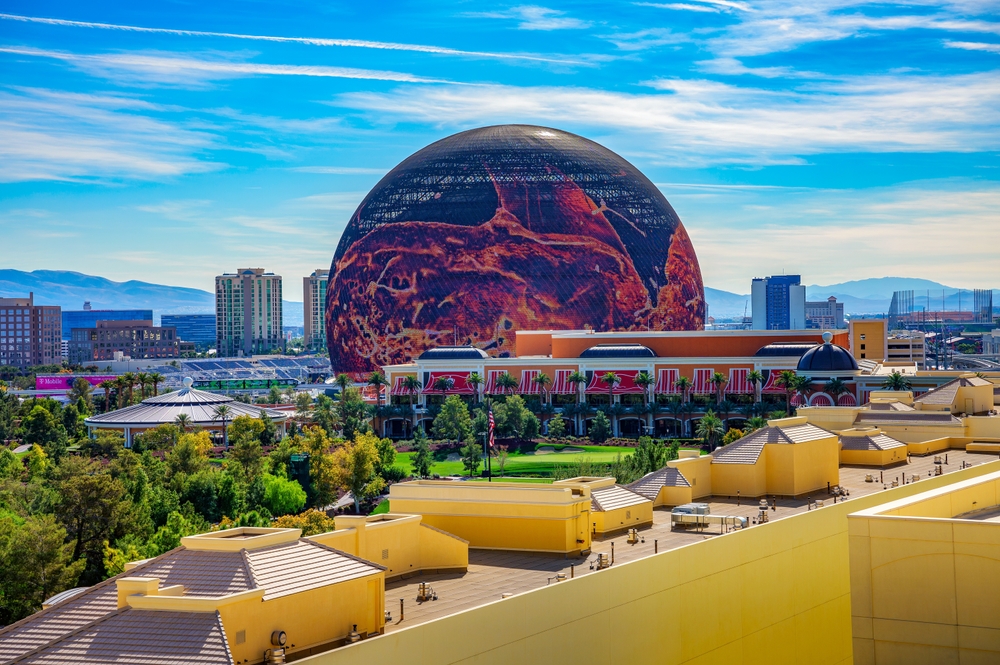
A lot of people come to Las Vegas thinking it will be temporary. Maybe they move for a job, a fresh start, or just to experience something different. But something about the city makes it hard to leave. The combination of affordability, entertainment, outdoor access, and job opportunities keeps people staying longer than they expected.
The city’s unique blend of urban energy and suburban comfort creates an unusual but appealing lifestyle. Unlike other major cities, where high costs push residents away, Las Vegas makes it easy to put down roots. Those who embrace life beyond the Strip often find themselves calling it home for good.
